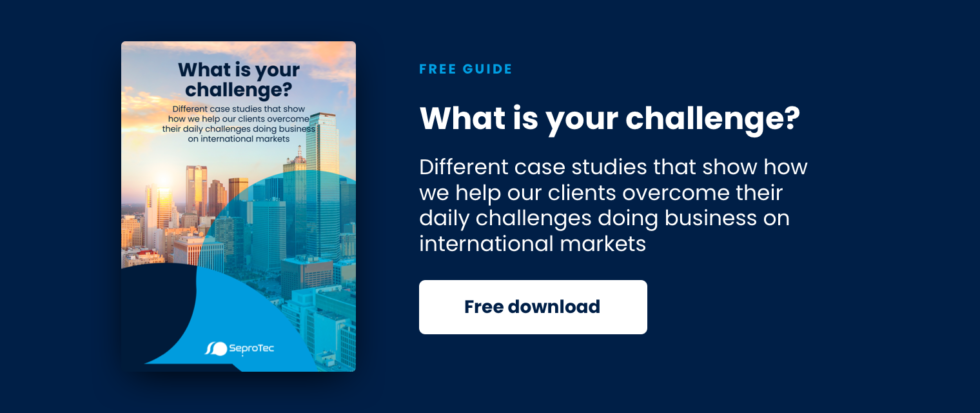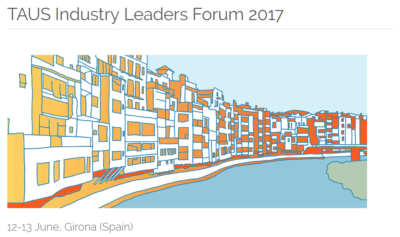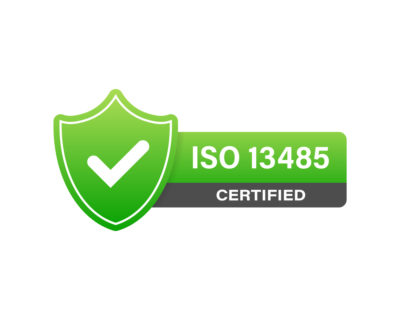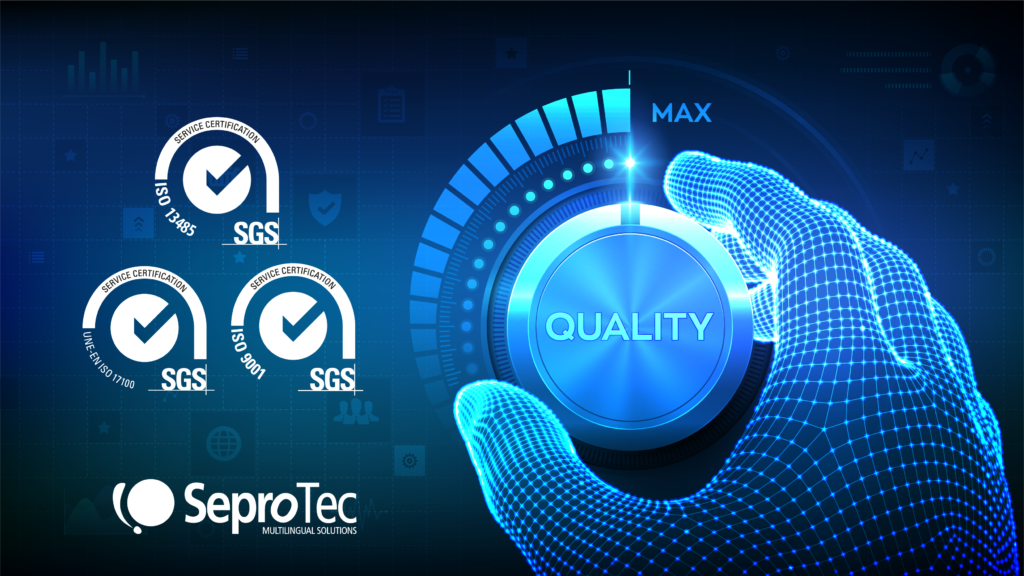
Based on customer demand, language service providers (LSPs) offer different levels of service but only certified agencies are able to offer the highest level of language service provision with regard to quality assurance (QA) in the marketplace. Keep on reading this post to learn more about professional translation standards, if you are in need of language services that meet the ISO 17100 quality standard.
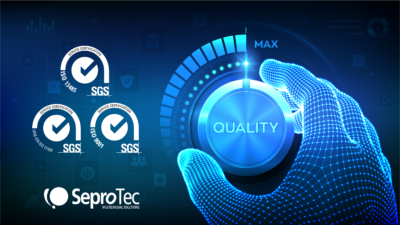
The ISO 17100:2015 quality standard for translation services, published by the International Organization for Standardization, defines the certification requirements for the different aspects involved in the provision of translation services, namely, human and technological resources, project registration, quality management, the legal framework for the procedure, added-value services and, last but not least, definition of the various terms.
The standard gives buyers assurance over the entire work process and the steps involved in translation and review, requiring translation agencies to comply with both management and translation processes and guidelines.
The fine tradition of training and professional excellence. To achieve this, certain parameters must be met that demonstrate the professional standard of the service by checking all the processes and technical details for a project while respecting and adhering to confidentiality agreements at the same time. So, let’s have a detailed look at these requirements.
ISO 17100 Requisites and Requirements
The ISO 17100 international standard establishes the skills and qualifications necessary for those involved in a project and for all aspects of the translation process:
– Resources. The translation agency must have a documented workflow process to manage any translation project as optimally as possible. This process must cover three phases: control, supervision and validation before final delivery to the customer.
– Pre-production. A preliminary task that includes the analysis of the documents to be translated, the subject matter, the specific vocabulary required and project delivery deadlines. This part enables us to conduct a feasibility study by perfectly matching the linguistic specification and drawing up the best quote for the customer.
– Mother tongue translators. The translation process, validated by the ISO 17100 standard, gives buyers assurance that the work has been completed by a professional translator into his/her native language, while also being able to count on a reviewer of the former’s work, who also shares this same mother tongue.
– Post-production. This is the tightest control level, where an agency will stress the importance of interaction with the customer and may propose various linguistic preferences, evaluate the translation, consider customer comments and deal with possible complaints. Customer satisfaction is an essential quality requirement in any translation or review process.
Professional Skills of the Translator and Reviewer
The ISO 17100 standard makes it obligatory for professionals to meet at least one of the following criteria:
– Have a diploma in translation/interpretation following college graduation with a bachelor’s degree.
– Have a recognized college degree.
– Have a college degree in a language or related field with at least two years of dedicated experience in translation work.
– Have worked at least five years as a professional translator.
SeproTec’s requirements go even beyond these criteria. Our translators are native speakers of the target language, and they always possess appropriate knowledge and experience regarding the subject matter of the assigned project. Furthermore, they are also familiar with modern CAT tools.
Barrier-free communication. SeproTec is an ISO 17100:2015 quality certified agency that provides services in over 750 language combinations. Pick up the phone, call us and see how well we will understand one another!

